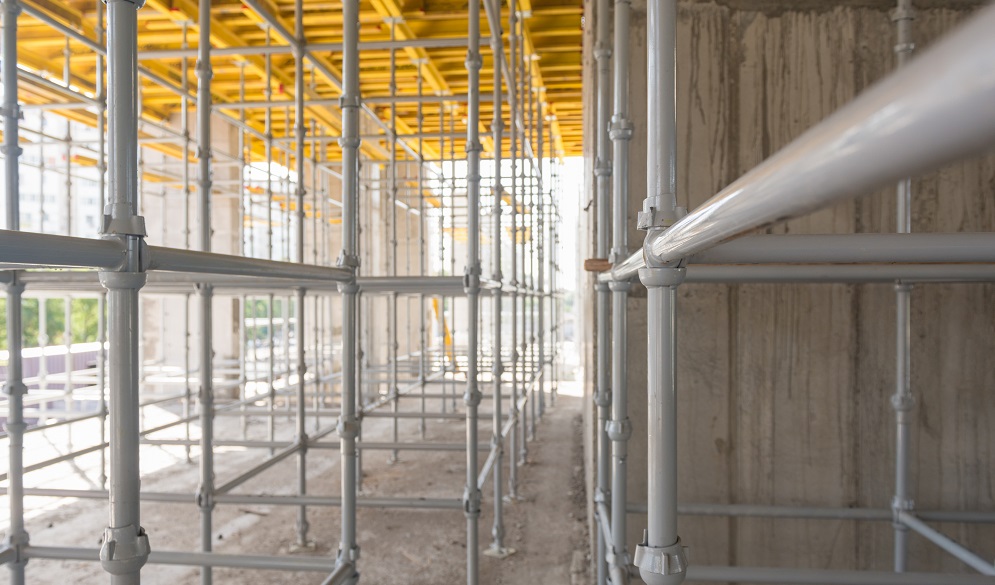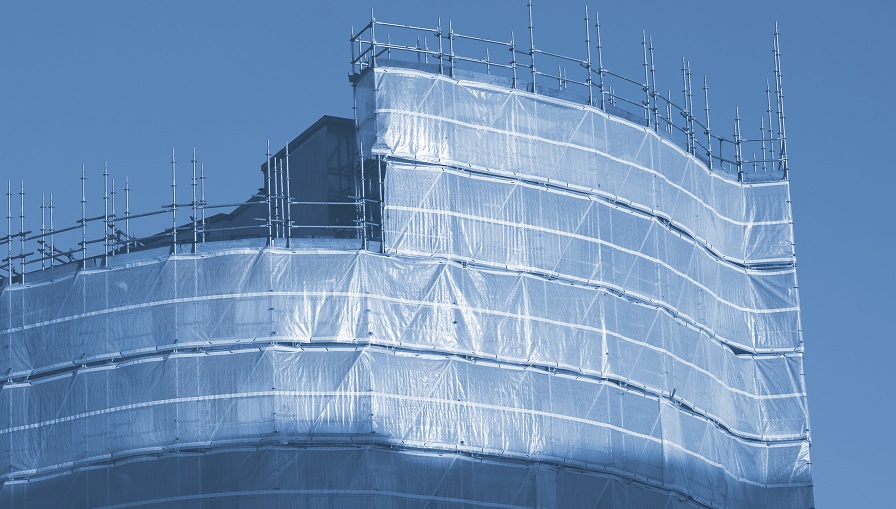If you work in construction, you are in one of the most dangerous, injury and accident prone industries. Because of the nature of the work being carried out, you are more at risk of a workplace injury than workers who work in other industries.
In the figures recently released by the HSE, it is reported that most workplace fatalities occur in the construction industry, with an average death rate of 30 every year. This goes to demonstrate that the construction industry does suffer the highest accident rates. Even though some accidents are more serious than others, it is important to protect yourself from injury at all times.
Compiled below are our 12 best tips on how you can avoid accidents and injury as a construction worker.
Keep away from operating machinery
It is very common for construction workers in between shifts to gather around a single area. This is only an issue when you stand close to operating machinery. Even though in most cases, no harm or accident might occur, it is smart to prevent the possibility of an accident. This is why we recommend that you stay away from operating machinery.
Inspect equipment and tools regularly
As a construction worker, you rely on your tools and equipment to get your job done efficiently. If your tools are broken or faulty, they are unsafe and will increase your risk of an accident on the job. So, regularly inspect your tools and equipment, to ensure that they are not defective and will not malfunction. It is part of your responsibility to flag defective equipment.
Always have on PPE
It is essential that you have on the appropriate Personal Protective Equipment (PPE), for you job at all times. This is one of the most cost effective and easiest way to stay safe and prevent on-site injuries. In the event of an accident, PPE is your last line of defence.
At the barest minimum, your PPE gear should include safety footwear, gloves, eye protection, safety helmets and hi-vis clothing. For extra safety, look into chemical suits, soundproof earmuffs, respiratory masks and so on. To get familiar with the appropriate work gear for your job, familiarise yourself with the PPP at work regulations – 1992.
Do not use damaged equipment
It is never a good idea to use a damaged piece of equipment, as this will most likely do more harm than good. It is not uncommon for construction workers to use equipment that is available, even if it is damaged. However, damage parts such as worn out cords, cables or harnesses are just potential accidents waiting to cause injury.
Always lift objects properly
Back strains and aches can be a construction worker’s worst nightmare. They don’t only prevent you from doing your job but it also uncomfortable and very painful. To avoid this, when lifting objects, it is important that you avoid twisting from side to side and remember to bend your knees. It is also important to keep one leg positioned in front of the other, so your body is balanced and you have more ground space to lift from.
Reports near misses and defects
If you notice a problem, it should not be ignored. We recommend you report it to your supervisor immediately, so the relevant action can be taken promptly. On a construction site, the faster problems are resolved, the less the chance of an accident occurring.
Keep work areas neat
It would be unrealistic to keep a construction site super tidy and clean but by simply putting away materials and tools properly, the risk of an accident occurring can be greatly reduced. Dangerous chemicals being left open with no lids, loose nails on the floor and other similar things can cause serious accidents. It is also important that walkways are kept clear at all times because something as simple as a brick can cause you to trip while carrying heavy or dangerous equipment.
Complete Health and safety training
If you are a construction worker, you are required to have relevant health and safety training. Familiarise yourself with the risk associated with your job, especially if you work at height or with heavy machinery in confined spaces. It is also recommended that you have relevant first aid training.
The NEBOSH construction certificate, is a specially crafted health and safety course that provides construction workers with an extensive range of skills. Completing a course like this would help you stay safe as a construction worker. .
Keep your first aid kit updated
Chances are, if your first aid kit hasn’t been updated in years, you will be carrying around kits and medications that are past their sell by date. Accidents can happen, especially in an accident prone industry, like construction. Stay prepared with an updated first aid kit. Your first aid kit should include painkillers, gauzes,and bandages of all sizes, ointments, disinfectants and so on.
Be careful when climbing off and on equipment
One of the most common causes of accidents on construction sites, are falls that happen when a construction worker is climbing off or on equipment. Before making the climb, we recommend you get mud cleaned off your boots and wear gloves so your grip is decent.
It is also necessary to use a three-point stance, which stops you from losing your footing. You shouldn’t overextend yourself to grab onto handles or carry anything during your climb up or down. Most importantly, do not jump down; this causes the most accidents.
Make use of technology
In today’s fast-paced world, technology is part of our lives. Almost every adult in the UK has a mobile phone and a lot of these phones are smartphones. Smartphones aren’t just for making calls or texting, they now come with applications for a myriad of functions .
One of such apps is the StaySafe app, which helps construction workers to work more safely. The StaySafe App comes with panic buttons, man down and non movement alerts, panic buttons and low battery reminders. It is an excellent way to have someone monitor your safety, while you work separately. You can also manage projects and share risk is assessment using the StaySafe App.
When in doubt – ask
It is better to be safe than sorry. The smallest mistakes on a construction site can cost a life. If you are unclear about anything, it is always best that you speak with your supervisors or the relevant authority.














